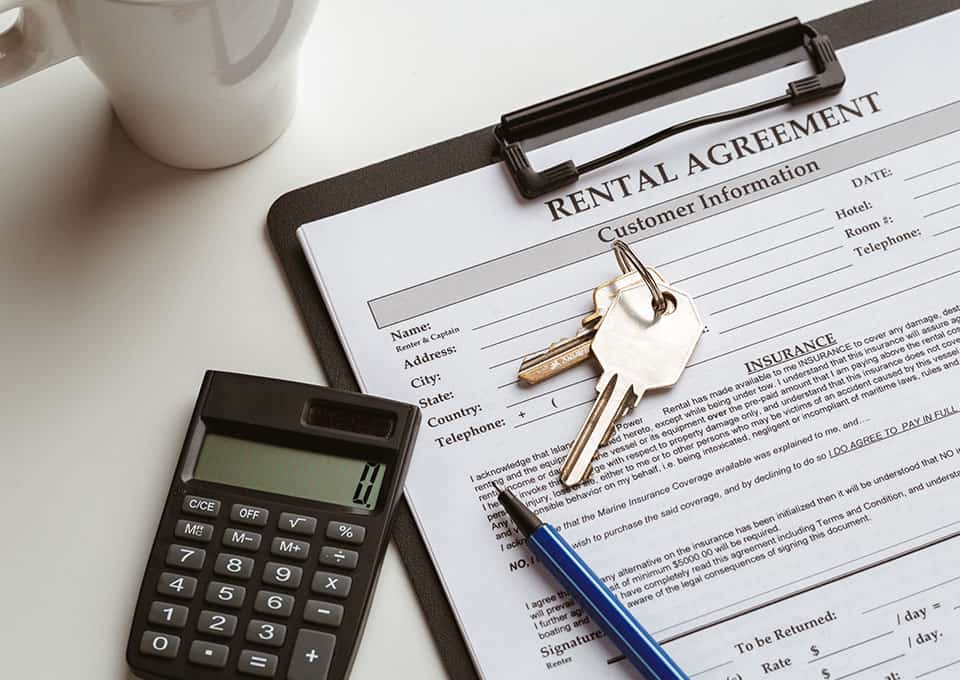Renting a property can be a practical solution for many individuals and families. However, understanding your rights and responsibilities as a tenant is crucial to ensure a smooth and trouble-free renting experience. This guide will provide essential knowledge for tenants in Victoria, including how to handle disputes with landlords and understanding rental agreements.
Understanding Rental Agreements
A rental agreement, or lease, is a legally binding contract between the tenant and the landlord. It outlines the terms and conditions of the tenancy. In Victoria, rental agreements can be either fixed-term (for a set period) or periodic (month-to-month).
Key Elements of a Rental Agreement:
- Rent Amount and Payment Terms: Specifies the amount of rent, due date, and payment method.
- Bond: Usually equivalent to one month’s rent, held as security against any damage or unpaid rent.
- Property Condition Report: Documents the condition of the property at the start of the tenancy.
- Duration of Tenancy: For fixed-term agreements, the start and end date of the tenancy.
- Maintenance and Repairs: Outlines the responsibilities of both tenant and landlord regarding property maintenance.
Tips for Tenants:
- Read Before Signing: Ensure you understand all terms and seek clarification on anything unclear.
- Document Everything: Keep records of all communications with your landlord, and document the condition of the property with photos when you move in.
For more detailed information on rental agreements, visit the Consumer Affairs Victoria website.
Rights and Responsibilities of Tenants
As a tenant in Victoria, you have several rights and responsibilities under the Residential Tenancies Act 1997.
Rights:
- Quiet Enjoyment: You have the right to live in the property without unnecessary interference from the landlord.
- Repairs and Maintenance: The landlord must ensure the property is in good repair.
- Privacy: The landlord must give proper notice before entering the property, usually 24 hours.
Responsibilities:
- Pay Rent on Time: This is a fundamental obligation.
- Keep the Property Clean: Maintain the property in a clean and tidy condition.
- Report Issues: Notify the landlord promptly of any repairs needed.
Handling Repairs and Maintenance:
If you need to request repairs:
- Notify the Landlord in Writing: Describe the issue and request prompt action.
- Emergency Repairs: For urgent issues such as gas leaks or major water leaks, contact the landlord immediately. If they are unavailable, you can arrange for the repairs and be reimbursed up to $2,500.
For further guidance on tenant rights and responsibilities, refer to the Tenants Victoria website.
Handling Disputes with Landlords
Disputes with landlords can arise over various issues, from rent increases to property maintenance. Here’s how to handle them effectively:
Communication:
- Stay Calm and Polite: Approach the landlord with your concerns calmly and politely.
- Keep Records: Document all interactions and keep copies of letters, emails, and texts.
Mediation:
- Consumer Affairs Victoria: Offers a free dispute resolution service. Mediation can help you and your landlord reach an agreement without going to court.
- VCAT (Victorian Civil and Administrative Tribunal): If mediation fails, you can apply to VCAT for a hearing. VCAT can make legally binding decisions on disputes.
For more information on dispute resolution services, visit the Consumer Affairs Victoria Dispute Resolution page.
Being informed about your rights and responsibilities as a tenant can help ensure a smooth renting experience. Whether it’s understanding your rental agreement, handling repairs, or resolving disputes with your landlord, having the right knowledge and resources is essential. If you need legal advice or assistance with any tenancy-related issues, don’t hesitate to seek professional help.
Book an appointment with Laurie Irvine for expert legal advice and assistance tailored to your needs.
By staying informed and proactive, you can navigate the rental market with confidence and security. For more information and resources, be sure to explore the links provided and reach out to professional legal services when needed.

